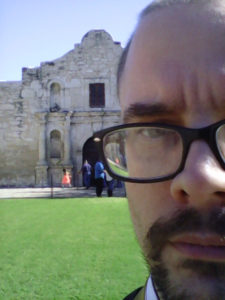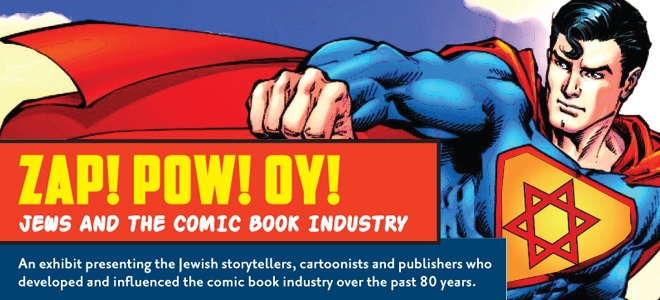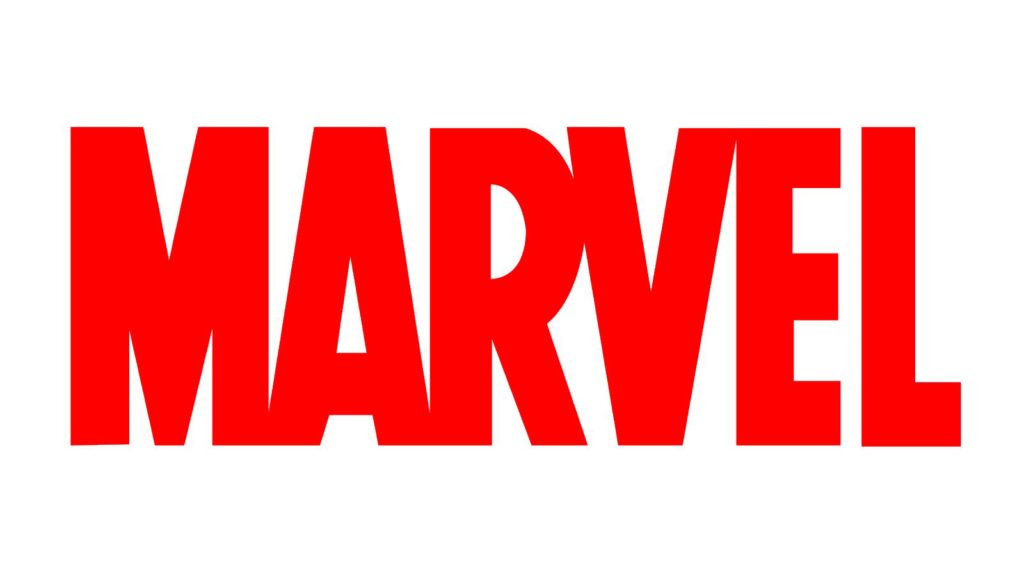 [The following entry is written by John Fadden, PhD., an adjunct lecturer across Western New York and frequent contributor to the Society of Biblical Literature. It is presented here with his permission.]
[The following entry is written by John Fadden, PhD., an adjunct lecturer across Western New York and frequent contributor to the Society of Biblical Literature. It is presented here with his permission.]
I teach an undergraduate introduction to the New Testament course that is mostly filled with students taking the course to fulfill requirements of the college’s core curriculum. I assume most students do not have a background in the cultural contexts of the writers of the New Testament, nor that most students have any connection to, or have read the New Testament. Yet, I also expect that because the New Testament is the “Bible,” students, including non-Christians, have certain expectations about the Gospels as historical documents that provide accurate portrayals of Jesus’s life. Most of the students have never thought about the literary practices in the cultural context that would have influenced the gospel writers.
In the spring semester, I added a new activity to the course in hopes of pushing students to think about the Gospels as imitating the classical epics by introducing them to Dennis MacDonald’s mimetic theory. While a lot of MacDonald’s scholarship is beyond the undergraduate non-major reading level, his Mythologizing Jesus: From Jewish Teacher to Epic Hero (Rowman & Littlefield, 2005) provides a popular audience access to his scholarship. Since I assumed that my students have a limited background in the classics (and no knowledge of Greek), I wanted to come up with a way to have them engage with MacDonald’s ideas, but using stories familiar to their own cultural settings from the superhero genre. The initial goal was for students to imitate a superhero scene to create a pericope about Jesus. To add a degree of difficulty (and to fit within the course’s core curriculum requirements) students also had to make it fit into the first century context (so no saving an airplane from crashing). The course also has a public speaking / presentation requirement, so the student’s final creation was delivered in front of their classmates.
 The activity required multiple engagements with the topic. First, I assigned the students read parts of MacDonald’s book to introduce them to his theory. I also asked students to pick a superhero story from a movie, TV show, or comic book that they could write in a 10-15 verse story (suggesting students think about MacDonald’s work as they chose it). In the next class session, we discussed the reading from MacDonald. I demonstrated how they might imitate their contemporary superhero story when writing a story about Jesus using the concluding scene from Jessica Jones season 1, episode 12 as an example. (I figured it was old enough I wouldn’t be guilty of spoilers, but I discovered few students had watched it; so I might recommend adding a few minutes into the class to show a clip of whatever story you are imitating in your demonstration.) I also showed them how the imitator might leave clues for her audience to be able to recognize the source story (for example, playing with a notable name like Kilgrave could signal to those familiar with Jessica Jones that there was a connection). I gave the students a week to write their imitation of a superhero story as a pericope about Jesus.
The activity required multiple engagements with the topic. First, I assigned the students read parts of MacDonald’s book to introduce them to his theory. I also asked students to pick a superhero story from a movie, TV show, or comic book that they could write in a 10-15 verse story (suggesting students think about MacDonald’s work as they chose it). In the next class session, we discussed the reading from MacDonald. I demonstrated how they might imitate their contemporary superhero story when writing a story about Jesus using the concluding scene from Jessica Jones season 1, episode 12 as an example. (I figured it was old enough I wouldn’t be guilty of spoilers, but I discovered few students had watched it; so I might recommend adding a few minutes into the class to show a clip of whatever story you are imitating in your demonstration.) I also showed them how the imitator might leave clues for her audience to be able to recognize the source story (for example, playing with a notable name like Kilgrave could signal to those familiar with Jessica Jones that there was a connection). I gave the students a week to write their imitation of a superhero story as a pericope about Jesus.
Continue reading Teaching Gospel Texts and Mimesis with Superhero Stories →
 In June, Sacred and Sequential shared reporting from Reuters that the Freedom Party of the Dutch government had announced a new “free-speech event” centered around creating illustrations of the Islamic Prophet Mohammed. Led by politician Geert Wilders, the contest was to be judged by the 2015 Garland, Texas “Draw Mohammed” contest winner, Bosch Fawstin.
In June, Sacred and Sequential shared reporting from Reuters that the Freedom Party of the Dutch government had announced a new “free-speech event” centered around creating illustrations of the Islamic Prophet Mohammed. Led by politician Geert Wilders, the contest was to be judged by the 2015 Garland, Texas “Draw Mohammed” contest winner, Bosch Fawstin.
 [The following entry is written by
[The following entry is written by  The activity required multiple engagements with the topic. First, I assigned the students read parts of MacDonald’s book to introduce them to his theory. I also asked students to pick a superhero story from a movie, TV show, or comic book that they could write in a 10-15 verse story (suggesting students think about MacDonald’s work as they chose it). In the next class session, we discussed the reading from MacDonald. I demonstrated how they might imitate their contemporary superhero story when writing a story about Jesus using the concluding scene from Jessica Jones season 1, episode 12 as an example. (I figured it was old enough I wouldn’t be guilty of spoilers, but I discovered few students had watched it; so I might recommend adding a few minutes into the class to show a clip of whatever story you are imitating in your demonstration.) I also showed them how the imitator might leave clues for her audience to be able to recognize the source story (for example, playing with a notable name like Kilgrave could signal to those familiar with Jessica Jones that there was a connection). I gave the students a week to write their imitation of a superhero story as a pericope about Jesus.
The activity required multiple engagements with the topic. First, I assigned the students read parts of MacDonald’s book to introduce them to his theory. I also asked students to pick a superhero story from a movie, TV show, or comic book that they could write in a 10-15 verse story (suggesting students think about MacDonald’s work as they chose it). In the next class session, we discussed the reading from MacDonald. I demonstrated how they might imitate their contemporary superhero story when writing a story about Jesus using the concluding scene from Jessica Jones season 1, episode 12 as an example. (I figured it was old enough I wouldn’t be guilty of spoilers, but I discovered few students had watched it; so I might recommend adding a few minutes into the class to show a clip of whatever story you are imitating in your demonstration.) I also showed them how the imitator might leave clues for her audience to be able to recognize the source story (for example, playing with a notable name like Kilgrave could signal to those familiar with Jessica Jones that there was a connection). I gave the students a week to write their imitation of a superhero story as a pericope about Jesus.

